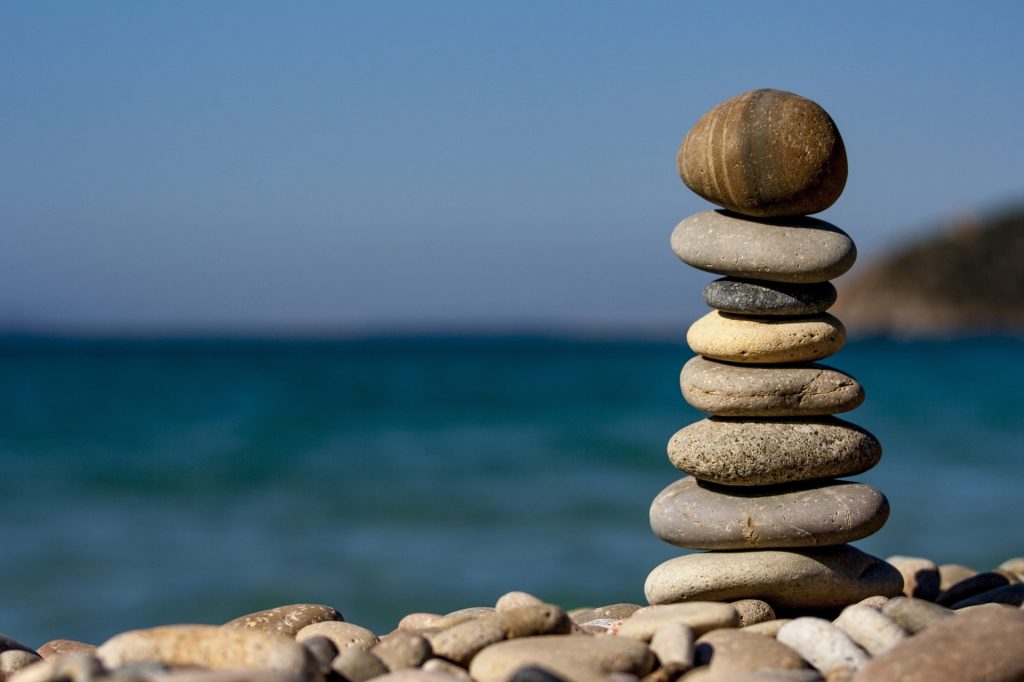Dr William (Bill) Sheate is an Emeritus Reader in the Centre for Environmental Policy. He lectured and published in environmental impact assessment for over 40 years, before transitioning into therapy. He is now a cognitive behavioural hypnotherapist, specialising in anxiety and stress, particularly in higher education as well as in eco-anxiety.

It’s Mental Health Awareness Week (13-19 May 2024) and Dr William Sheate – our ‘resident’ therapist – suggests these 12 simple steps to mindfulness. Mastering mindfulness is a key technique in helping to reduce anxiety but is surprisingly simple to do, if you understand these basic principles.
It should never be a chore:
- Understand that thoughts, feelings and behaviours are intimately connected.
- Recognise that our response to events is due to the way we interpret them, not the event itself.
- Accept that the present moment is the only reality; the past and the future are not reality.
- Pop-up thoughts are random, involuntary thoughts that only lead to voluntary thoughts – negative storytelling, rumination about the past or worry about the future – if you choose to let them.
- Acknowledge thoughts for what they are; thoughts, words, phrases.
- Be a detached observer, accept thoughts as something you are doing and that you choose to give meaning to.
- Let go of thoughts instead of ‘chasing them down the rabbit hole’.
- Feelings (emotions) are fed by thoughts, and in turn feed thoughts. Accept them as a normal part of human experience.
- Develop mastery over attention – focus and broaden attention at will; learn how to shift attention away from yourself (your thoughts, feeling, sensations, behaviour) and onto something more helpful or just connecting to your surroundings and the rest of the world.
- Changing your behaviour, using relaxation, calms the body and the mind – you cannot be anxious and relaxed at the same time!
- Practice simple mindfulness techniques often to appreciate the here and now, the present moment.
Don’t worry about not doing your mindfulness exercises every day. That is anything but mindful!